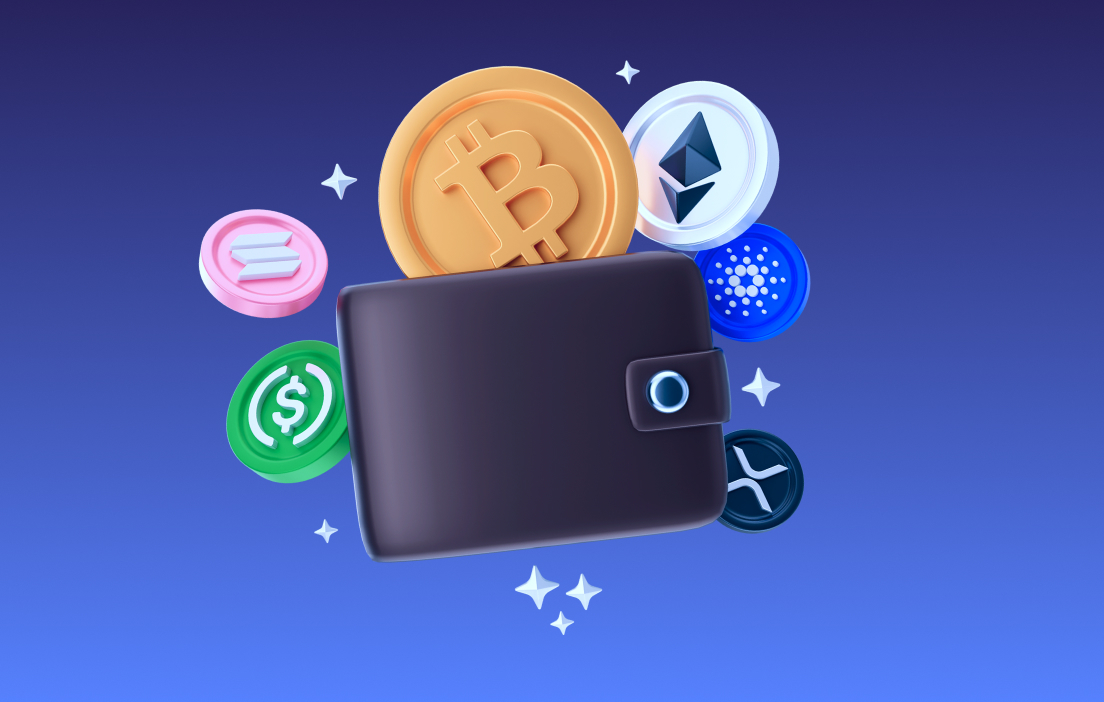In the world of cryptocurrency, security is not optional—it’s essential. With the rise in cyberattacks, exchange breaches, and phishing scams, storing your digital assets online can leave them vulnerable. That’s where the best cold wallet comes in.
A cold wallet is a type of crypto storage that keeps your private keys offline, making it virtually impossible for hackers to gain access. Whether you’re holding Bitcoin, Ethereum, or other digital assets, a cold wallet offers peace of mind by providing maximum protection.
In this guide, we’ll break down why the best cold wallet matters, how it works, and what to look for when choosing one.
Why the Best Cold Wallet Matters
When you invest in cryptocurrency, you essentially own digital keys that prove ownership of your coins. If someone gains access to these keys, they can transfer your funds instantly—and the transaction is irreversible.
The best cold wallet addresses this risk by storing keys offline, away from internet threats. Here’s why this matters:
- Unmatched Security – Offline storage removes exposure to hacking.
- Full Ownership – You hold the keys, not a third-party exchange.
- Long-Term Protection – Ideal for investors who hold crypto for months or years.
- Peace of Mind – No constant worry about online breaches.
With online threats evolving daily, cold wallets have become the gold standard for crypto storage.
How the Best Cold Wallet Works
The concept is simple: disconnect your private keys from the internet. But here’s how it works in practice:
1. Key Generation
When you set up your cold wallet, it generates a unique private key offline. This never touches the internet, making it extremely secure.
2. Transaction Signing
When you want to send crypto, you prepare the transaction on a connected device, but the signing (approval) happens on the offline cold wallet.
3. Secure Confirmation
Once signed offline, the transaction data is sent back to the connected device for broadcasting to the blockchain—without exposing the private key.
By keeping the approval process offline, the best cold wallet ensures that your funds remain secure, even if your computer is compromised.
Types of Cold Wallets
Not all cold wallets are the same. Understanding your options helps in choosing the best fit:
- Hardware Wallets – Portable devices like Ledger or Trezor, offering high security and usability.
- Paper Wallets – Printed keys stored securely offline, though less convenient for frequent use.
- Air-Gapped Devices – Computers or phones permanently disconnected from the internet, used only for crypto storage.
For most people, a hardware wallet is the best balance between security and ease of use.
Features to Look for in the Best Cold Wallet
Strong Security Architecture
Look for wallets with secure element chips, encrypted storage, and PIN or passphrase protection.
Multi-Currency Support
If you hold different types of crypto, ensure your wallet supports them all.
User-Friendly Interface
The best cold wallet should be easy to set up and navigate—even for non-technical users.
Backup and Recovery Options
Recovery seed phrases are essential for restoring access if your wallet is lost or damaged.
Reputation and Track Record
Stick with brands that have proven security over time and transparent operations.
When to Use a Cold Wallet
The best cold wallet is not always necessary for every transaction. It shines in situations like:
- Long-Term Storage – For holding large amounts of crypto for months or years.
- High-Value Portfolios – When losing your funds would be financially devastating.
- Security-First Approach – For investors unwilling to compromise on safety.
If you trade daily, you may keep a small amount in a hot wallet for convenience, but your main holdings belong in cold storage.
Risks and Limitations of Cold Wallets
While cold wallets are the most secure method available, they’re not without challenges:
- Physical Loss – If lost without a backup, funds are gone forever.
- Device Damage – Water, fire, or physical wear can destroy it.
- User Error – Misplacing recovery phrases or entering them on an unsafe device can compromise security.
Being disciplined about backups and storage location is just as important as buying the device itself.
Final Thoughts
The best cold wallet is a must-have for anyone serious about protecting their cryptocurrency. By keeping your private keys offline, you eliminate the most common attack vectors and ensure full control over your assets.
In a space where security threats evolve quickly, cold wallets remain the most reliable form of defense. Whether you’re a casual investor or a long-term holder with a sizable portfolio, taking your crypto offline is the smartest move you can make today.
Your digital wealth deserves the highest level of protection—don’t wait for a breach to happen before you act.


